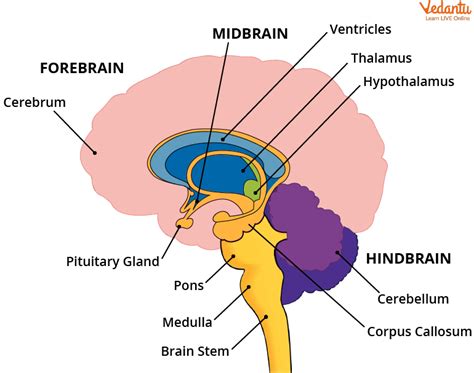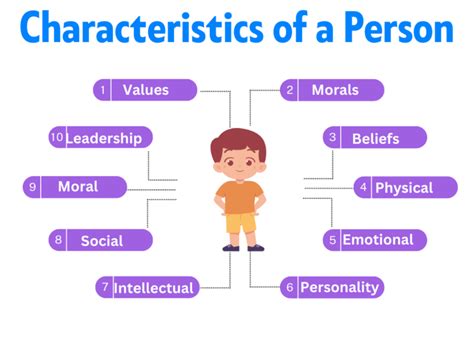How to optimize sleep for peak energy & cognitive function?

The Unsung Hero: Why Sleep is Your Ultimate Performance Booster
In our fast-paced world, sleep often takes a backseat, viewed as a luxury rather than a necessity. However, mounting scientific evidence underscores its critical role in everything from physical recovery and emotional regulation to peak cognitive function and sustained energy levels. Optimizing your sleep isn’t just about feeling less tired; it’s about unlocking your full potential, enhancing creativity, decision-making, and overall well-being.
This article delves into actionable strategies and the science behind achieving restorative sleep, transforming your nights into a powerful tool for better days.
Understanding the Science of Sleep: Cycles and Stages
Sleep isn’t a passive state; it’s a dynamic process involving distinct stages and cycles crucial for different aspects of health. A typical night’s sleep involves multiple cycles, each lasting approximately 90 minutes, alternating between non-REM (NREM) and REM (Rapid Eye Movement) sleep.
- NREM Sleep: Comprises three stages, progressing from light sleep to deep, slow-wave sleep. This is when your body repairs tissues, builds bone and muscle, strengthens the immune system, and consolidates declarative memories (facts, events).
- REM Sleep: Characterized by vivid dreams, increased brain activity, and temporary muscle paralysis. REM sleep is vital for emotional processing, learning, and procedural memory consolidation (skills, habits).
Disruptions to these cycles can severely impair your ability to think clearly, regulate emotions, and maintain energy throughout the day.

Pillars of Optimal Sleep: Actionable Strategies
Achieving peak sleep quality involves a holistic approach, addressing your environment, daily habits, and evening routines. Here’s how to build your foundation for restorative rest:
1. Establish a Consistent Sleep Schedule
Your body thrives on routine. Going to bed and waking up at the same time every day, even on weekends, helps regulate your circadian rhythm – your body’s natural 24-hour clock. This consistency signals to your body when to release sleep-inducing hormones like melatonin and wakefulness-promoting hormones like cortisol, optimizing their natural rhythm.
2. Create Your Sleep Sanctuary
Your bedroom environment plays a significant role in the quality of your sleep. Transform it into a haven conducive to rest:
- Darkness: Block out all light. Even small amounts of light can disrupt melatonin production. Consider blackout curtains or an eye mask.
- Coolness: The ideal sleep temperature is typically between 60-67°F (15-19°C). A cooler room signals to your body that it’s time to rest.
- Quiet: Minimize noise distractions. Earplugs, a white noise machine, or a fan can help mask disruptive sounds.
- Comfort: Invest in a comfortable mattress, pillows, and bedding that support your body and promote relaxation.

3. Mind Your Diet and Hydration
- Avoid Caffeine and Alcohol: Limit caffeine intake, especially in the afternoon and evening, as its stimulating effects can last for hours. While alcohol might initially make you feel drowsy, it disrupts sleep architecture, leading to fragmented and less restorative sleep later in the night.
- Late-Night Meals: Eating heavy, spicy, or sugary meals close to bedtime can cause indigestion and keep your digestive system working overtime, interfering with sleep. Opt for a light, easily digestible snack if you must eat.
- Stay Hydrated: Drink enough water throughout the day, but taper off your intake a few hours before bed to avoid frequent nighttime bathroom trips.
4. Embrace Daytime Movement, Avoid Late-Night Workouts
Regular physical activity can significantly improve sleep quality by reducing stress and increasing the duration of deep sleep. However, timing is key. Exercising too close to bedtime can elevate your core body temperature and stimulate your nervous system, making it harder to fall asleep. Aim to finish vigorous workouts at least 3-4 hours before heading to bed.
5. Limit Blue Light Exposure Before Bed
Electronic devices like smartphones, tablets, and computers emit blue light, which can suppress melatonin production and disrupt your circadian rhythm. Try to avoid screens for at least an hour before sleep. If complete avoidance isn’t possible, use blue light filtering apps or glasses.

6. Master Stress Management
Chronic stress and anxiety are major sleep disruptors. Incorporate relaxation techniques into your daily routine:
- Mindfulness and Meditation: Even 10-15 minutes of meditation can calm your mind.
- Deep Breathing Exercises: Simple breathing techniques can activate your parasympathetic nervous system, promoting relaxation.
- Journaling: Writing down worries or tasks can help clear your mind before bed.
- Warm Bath or Shower: The drop in body temperature after a warm bath can induce sleepiness.
Building a Powerful Pre-Sleep Routine
Just as you have a morning routine, an evening routine signals to your body that it’s time to wind down. This might include reading a physical book, listening to calming music, light stretching, or spending quality time with loved ones away from screens. Consistency in your pre-sleep ritual is key to priming your body and mind for a good night’s rest.
![🔥 [50+] Most Relaxing Wallpapers | WallpaperSafari](/images/aHR0cHM6Ly90czQubW0uYmluZy5uZXQvdGg/aWQ9T0lQLnBvWExHUzdfcTBHemotSmJRWDY2RkFIYUhVJnBpZD0xNS4x.webp)
When to Seek Professional Help
While these strategies can significantly improve sleep for most people, some sleep issues require professional attention. If you consistently struggle with falling asleep, staying asleep, or wake up feeling unrefreshed despite optimizing your habits, you might be experiencing a sleep disorder like insomnia, sleep apnea, or restless leg syndrome. Consult a healthcare professional or a sleep specialist for diagnosis and treatment.

Conclusion: Unleash Your Potential Through Sleep
Optimizing sleep is not a passive act; it’s an active investment in your health, energy, and cognitive prowess. By understanding the science behind sleep and diligently applying consistent, healthy sleep practices, you can dramatically improve your daily performance, mood, and overall quality of life. Make sleep a priority, and watch as your energy levels soar and your cognitive functions sharpen, empowering you to live your life to its fullest potential.









